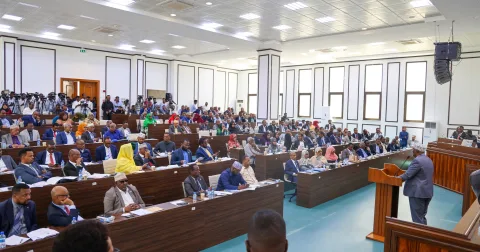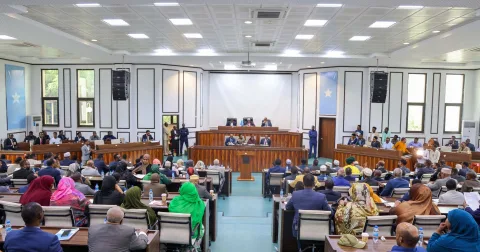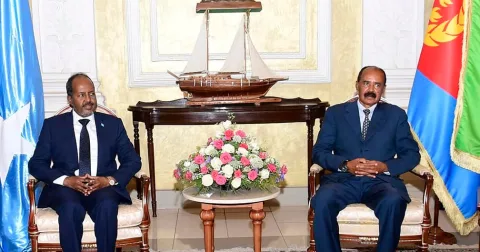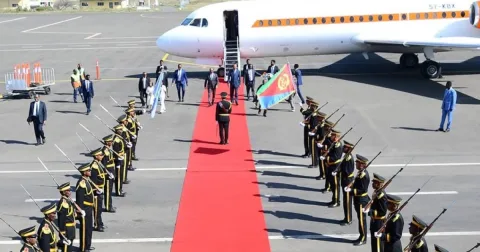The dispute between Mogadishu and Kismayo now enters a critical phase,
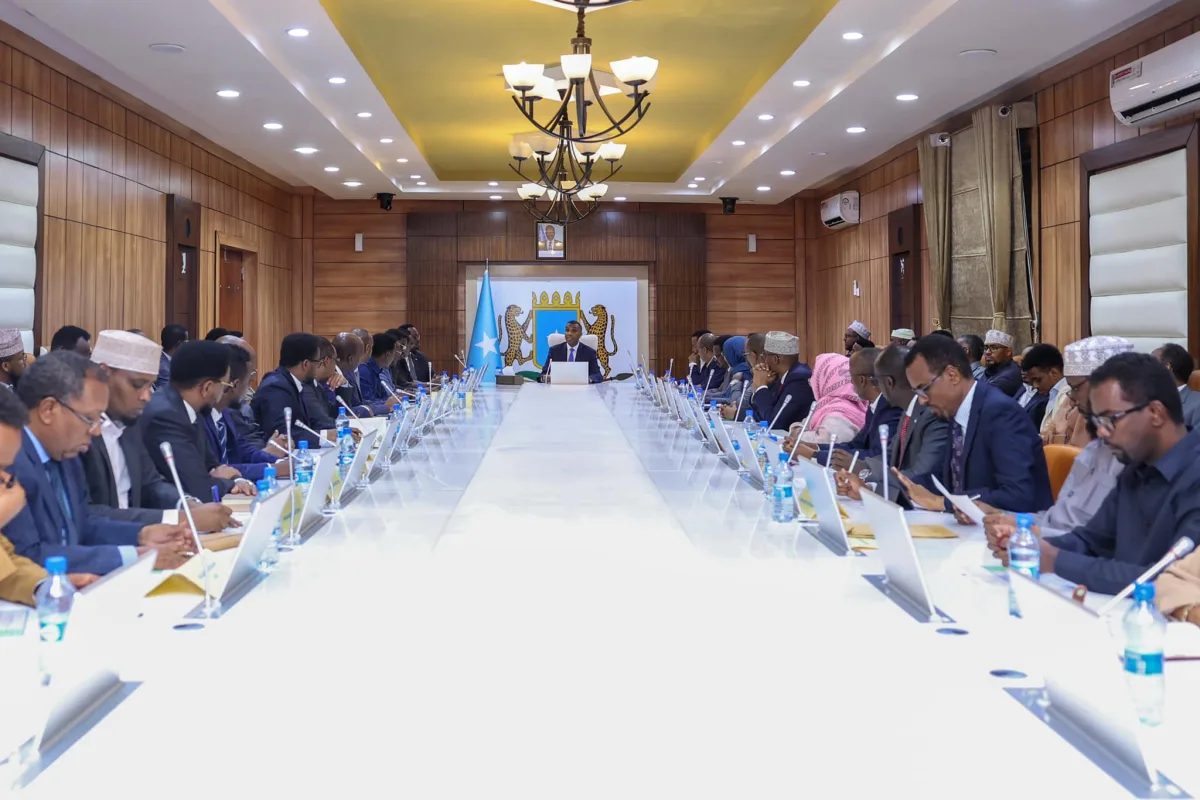
The Federal Government of Somalia has issued a strong rebuke to the election held today in Kismayo that re-elected Ahmed Mohamed Islam for a third term as the leader of Jubaland. In an emergency cabinet meeting convened shortly after the election results were announced, the Somali government described the election process as “illegal” and vowed to take immediate legal action against both Madobe and the electoral process.
In a formal legal document, the cabinet outlined several grounds for challenging the election, citing violations of Somali law and irregularities in the electoral process. Among the primary allegations are:
- Violation of Electoral Laws: The federal government claims the election breached “Law 24 of 31 March 2024”, which governs electoral procedures for regional leadership elections in Somalia.
- Illegitimate Electoral Commission: The cabinet asserts that the electoral commission overseeing the election was improperly appointed by Madobe himself, a move that they argue undermines the integrity and impartiality of the election process.
- Unlawful Selection of Representatives: The process by which members of the House of Representatives were selected for the election is also under scrutiny, with the government calling the selection “irregular and unlawful.”
As part of its response, the federal cabinet has ordered Somalia’s Prosecutor General to initiate legal proceedings against the election process, calling for a case to be brought before the Supreme Court to challenge the legitimacy of the election and seek to nullify Madobe’s re-election.
This latest development marks a significant escalation in the already tense relations between the Somali federal government and the Jubaland State of Somalia, which is led by Madobe.
The dispute between Mogadishu and Kismayo now enters a critical phase, with the federal government asserting its legal authority to intervene in the internal affairs of regional states. The legal challenge is expected to heighten political tensions, possibly leading to a prolonged legal battle that could further polarize the country’s political landscape.
Supporters of Ahmed Madobe have defended the election, claiming it was conducted according to the region’s constitutional procedures and that it represents the will of the people of Jubaland. However, critics have long accused Madobe of consolidating power and manipulating political processes to remain in office.
HORSEED MEDIA
